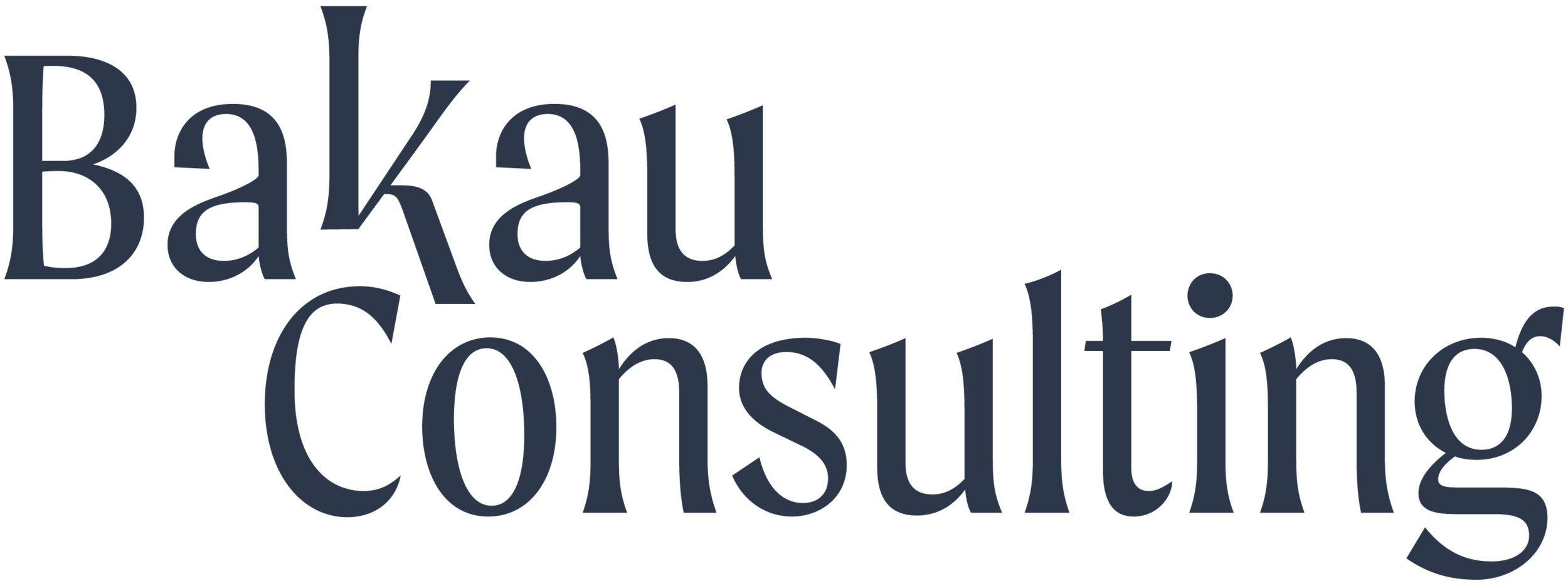In this workshop, we invite participants to engage with us on the challenging and necessary topics of race and racism, specifically anti-Black racism or anti-Blackness. This workshop divides into three sections: past, present, and future. We cover several issues, including lessons from Black history, origins, current affairs, and the presence of anti-Blackness generally and in the community, plus how to shift the narrative and be proactive in allyship and liberation. Participants will learn how to talk about anti-Blackness as distinct from racism, explore the difficulties associated with and the importance of having nuanced conversations about race and racism.
To do this work, we must examine the past. We guide participants through an in-depth exploration of anti-Blackness roots via capitalism, slavery, and colonialism. Starting with the 1400s, participants will learn about critical moments in history whose legacies trickle into the present state of anti-Black racism. Furthermore, participants will leave the workshop with a more robust grasp of white supremacy terminology, culture, and impacts. We ask and welcome participants to explore and examine their impressions, feelings, knowledge and understanding of these events.
In the present, we take a look at what’s going on in the world. What do people know about anti-Blackness? Can they recognize it? How are Black people depicted in the media or the news? Are there any historical precedents? What about events that don’t make the news? We take a walk in the shoes of Avery Williams on the RISK! Podcast, examine microaggressions using the iceberg model and consider how even “small” acts of racism exist to uphold dominant power structures. We assist participants in making connections between the past and present as we explore topics of slavery, colonization, genocide, and phrenology. We look at Black culture and cultural appropriation. We talk with participants about some potentially difficult subjects: intersectionality, Black and non-binary masculinity, femininity, sexuality, intergenerational trauma, violence, and internalized racism.
In this workshop, you will:
Learn and apply concrete strategies for embodying anti-racism in daily life
Reflect on initial reactions and behaviors when someone shares anti-Black experiences
Identify potential harms in one's responses and behaviors, and explore ways to mitigate them
Develop constructive responses to “call-ins” and “call-outs” in discussions around anti-racism
Explore strategies for transforming outdated behaviors to foster a healthy approach to personal growth
Expand understanding of actions that avoid upholding white supremacy and contribute to meaningful change


